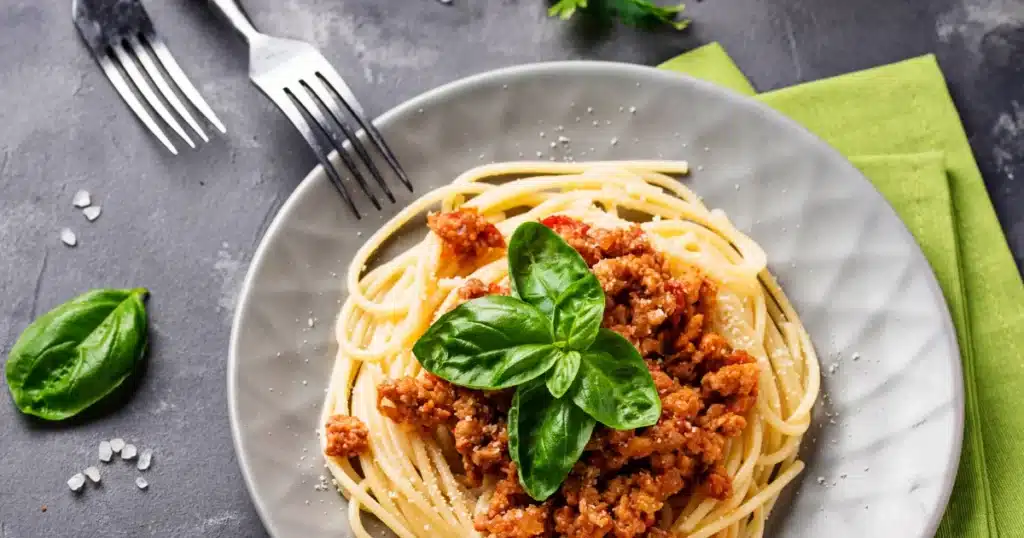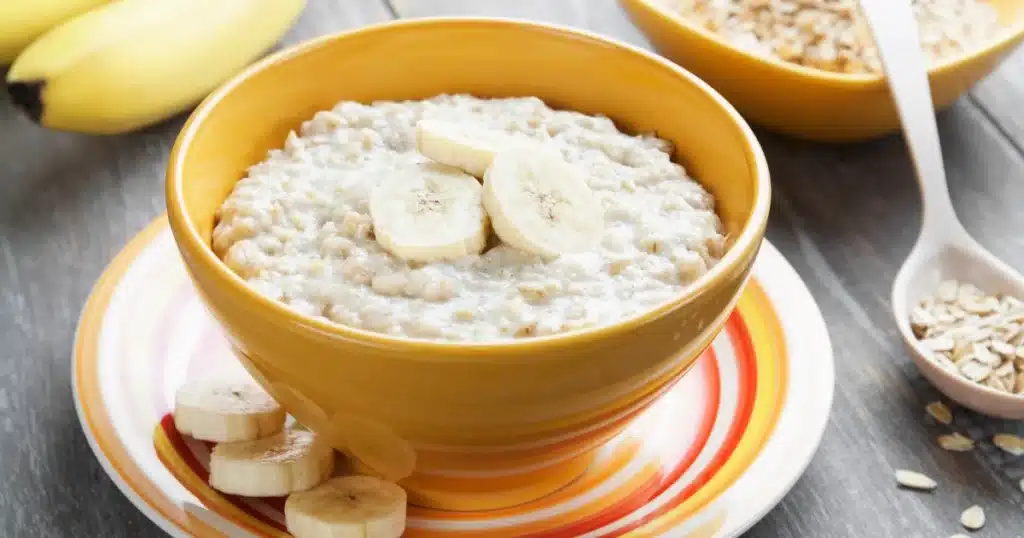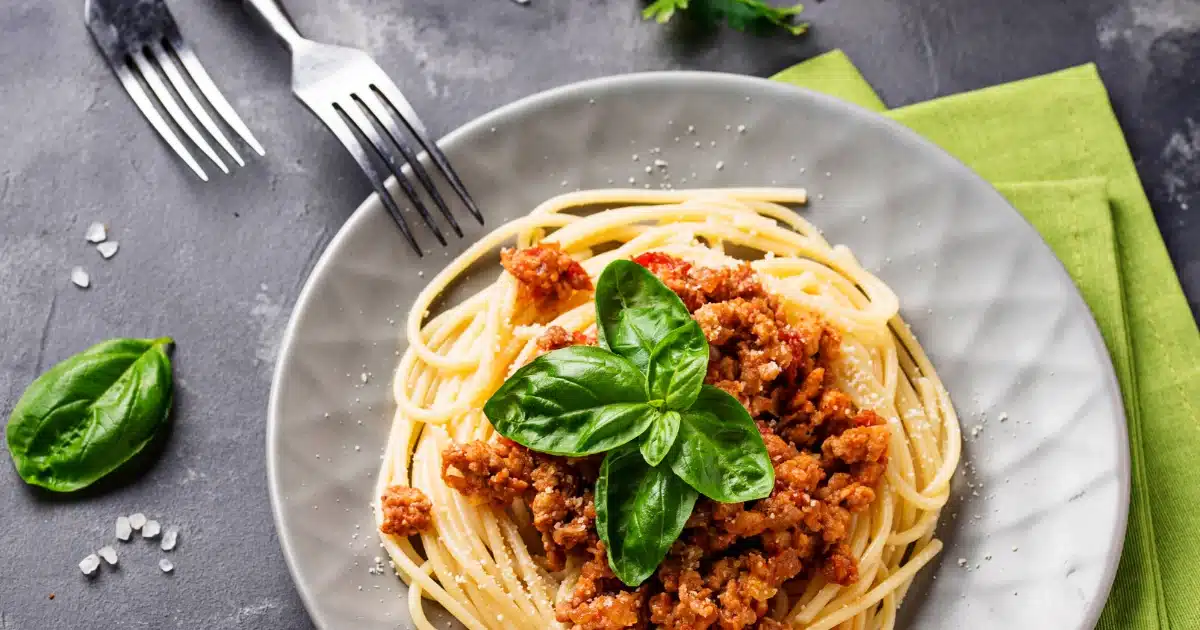RUNNING →
Level Up Your Nutrition Game With Our Freebies
Alex
I provide nutrition coaching for endurance athletes to improve performance and body composition through a simple and flexible eating style.
Hi, I'm
ATHLETE EATING GUIDE →
PROTEIN →
TRIATHLON →
RECIPES →
PERFORMANCE NUTRITION →
SUPPLEMENTS →
HOLIDAY & TRAVEL →
PLANT-BASED →
FEMALE ATHLETE NUTRITION
Explore the Blog
LEARN MORE →
ATHLETE GROCERY SHOPPING GUIDE →
RACE DAY: TRIATHLON NUTRITION PLANNER →
READY TO FUEL?
incredible value!
The fueling guide bundle serves as your one-stop-shop for strategies to fueling before, during and after your workouts.
ENDURANCE EATS
BINGE-WATCH READY!
YOUTUBE SERIES
You want to be just as confident in your pre-race nutrition strategies as you are in the marathon training plan that gets you to the start line. To achieve the utmost confidence, trialing a nutrition plan that is tailored to your individualized needs is key to a successful race. Even for the best-intentioned and most-practiced athletes, nutrition can make or break your race. While it can be daunting to consider all the factors prior to race day including hydration, carbohydrates, fiber, and sodium to name a few, it doesn’t need to be. Let’s simplify things and review what to avoid and what to eat before a marathon.
But first, what not to eat before a marathon

Repeat after me: “I promise to stick with what I know is tried and true.”
The evening before race day is not the time to start experimenting with new exotic foods. If your training buddies invite you to an all-you-can eat oyster bar, it is best to politely decline and offer a safe alternative. While there are many food-related principles to stick with prior to race day, for most individuals it is generally best to limit high-fiber foods such as fruits, vegetables and whole grains. These foods can increase gassiness, bloating and diarrhea. This is even more so important if you are more prone to unwanted gastrointestinal issues. High-fat and high-protein foods should also be decreased so that you can maximize carbohydrate intake in your carbohydrate loading plan.
The golden rule of race day fuel and nutrition. Always thoroughly test and trial your race day nutrition plan throughout training so you have a plan that you know works for you. This will give you more confidence on race day and be one less thing to worry about!
What to eat before a marathon
To fuel your body best for race day, you must consider your nutrition intake prior to the start of the race. This includes your carbohydrate loading plan and your food choices the evening before your race.
Twas the night before

Similar to carb loading, consider experimenting with your standard pre-race meal on the evenings prior to your longest long runs to ensure your body tolerates the meal. This will help increase confidence in your food choices heading into race day. A carbohydrate-rich meal that is lower in fat and fiber with extra salt is typically best to focus on. Here are a few examples of what to eat the night before a marathon:
- Vegetarian sushi with soy sauce, an extra side of white rice and an applesauce pouch. Applesauce pouches are a lower fiber alternative to fresh apple slices.
- Low-fiber spaghetti noodles with ground turkey marinara and a breadstick. Consider swapping your usual whole wheat pasta for regular white flour pasta noodles. Angel hair, linguine, cavatappi, or shells– the options are truly endless!
- “Breakfast for dinner” with pancakes and maple syrup, orange slices and apple juice. This does not need to be homemade pancakes as certainly there are many low-fiber boxed pancake mixes available at the grocery store. French toast and waffles are great options as well!
- Baked salmon with salted boiled potatoes and banana slices. Teriyaki or soy sauce are great high-sodium flavorings to jazz up this dish.
- Grilled chicken tacos with corn tortillas and an extra side of white rice. Remember to pass on the side of refried beans!
- If traveling- tuna packet with microwavable rice and fruit juice. Salmon packets are a favorite go-to travel essential as well.
- If dining out- grilled chicken with a baked potato, a dinner roll and a glass of lemonade. Other high-carbohydrate options to look for a la carte are naan, white rice, white pasta, and bread.
Travel tips
If you are traveling to a destination marathon, consider packing a few carb-rich easy staples that are portable. Convenience items such as bagels and bread, microwavable noodles and rice, macaroni and cheese cups, dry cereal, and individual oatmeal packs are great options. For most runners, these foods are both easy to pack and easy for your body to digest- a win win. If dining out, it is important to review menus beforehand to ensure that you are choosing restaurants wisely. Or consider staying in an overnight accommodation that has a kitchen accessible and you are able to prepare your own meals and snacks.
Other considerations
A few other strategies to keep in mind the night before your marathon:
- Timing matters, particularly if your race start is quite early. You may want to consider moving up your regularly scheduled evening meal to late afternoon or early evening. This allows your body more time to adequately digest the meal prior to your evening slumber.
- Skip the restaurants or take-out if you are traveling. This may not be applicable to all marathoners, but it is certainly a strong consideration if you find that you are more sensitive to specific ingredients and added oils. Consider packing ahead a few food items that you can piece together such as microwavable rice and a packet of teriyaki-flavored tuna or salmon.
- Capitalize on carbohydrates. Carbohydrates should be the main focus at every meal and snack, including the evening prior to your race.
- Don’t skimp on snacks. You may need a bedtime snack prior to your race to hit your carbohydrate goal. Another applesauce pouch, animal crackers, graham crackers, pretzels, and dried fruit are a few of our favorites.
- It’s okay to drink your carbohydrates! If your nerves are getting the best of you and you are finding it difficult to stomach any more food, consider swapping to carbohydrate-rich beverages. Fruit juice and electrolyte-rich beverages are a couple go-tos.

What to eat before a marathon: Race day morning
Each individual is very different in what foods work well on race day morning but the parameters of what to include are generally the same. At least 2 hours prior to the race start, you want to optimize carbohydrate, sodium and fluid intake. If your body requires more time to digest the meal adequately, setting an early alarm at least 3 hours prior to the start of the race may be necessary to simply allow more time. Morning meal ideas to consider include:
- Cream of rice cereal with maple syrup and Skratch hydration beverage
- Toast with salted almond butter and honey and Tailwind hydration beverage
- Baked oatmeal with sliced bananas and a glass of apple juice
- Pre-made pancakes topped with maple syrup and juice mixed with UCAN
- If traveling- brown sugar oatmeal packet with an applesauce pouch and Skratch hydration beverage
- If you are eating hotel breakfast- low-fiber bagel with peanut butter and jelly, a banana and a glass of orange juice
Timing of race
Be sure to keep in mind the race start time. If your race starts earlier in the morning, it is best to have your pre-race meal 2-3 hours prior to race start to give your body enough time to digest the food adequately. If your race start time is delayed (mid-morning) such as at the Boston Marathon, there is a good chance that you may need two breakfast meals prior to your race start. You can also utilize sports hydration beverages or gels in lieu of your second meal. This is something that you should experiment with in training so that you feel confident eating this additional volume on race day.
Weather
Unfortunately, you cannot choose the weather on race day. Weather and environmental factors, including racing at altitude, all play a significant factor in considering your race day nutrition plan. Typically extra sodium is recommended in hot and humid conditions, in addition to higher elevations. Increasing your sodium intake in your carbohydrate loading plan will be important as well as in your evening meal prior to race and race day breakfast. High-sodium condiments such as soy sauce, teriyaki sauce, and even being extra liberal with the salt shaker are easy strategies to boost your intake.
Should you have coffee before a marathon?
You may have heard that coffee and other caffeinated beverages can provide a quick boost in energy prior to running. The effects of consuming coffee and caffeine varies largely depending on the individual. If you are used to consuming caffeinated beverages such as coffee or caffeinated tea, it may be a good option to get you energized early on race day morning. Furthermore, if you consumed coffee prior to your long runs and other training runs throughout the marathon training cycle and tolerated the caffeine well, then it is likely safe to go for it. Moderation will be key and hydrating beverages that contain carbohydrates and sodium will need to be prioritized so that you are adequately hydrated and well-fueled prior to the race.
Research shows caffeine can increase alertness and increase time to exhaustion though this is more pronounced in non-caffeine users than in regular consumers. Some runners find a modest morning cup of joe can help produce a bowel movement prior to race day though again, this is something that you must experiment with prior to race day to avoid any unwelcomed surprises.
Practice on repeat
As you are logging those miles away, it is important to practice what to eat before a marathon over and over. This will only provide you with the much-needed confidence heading into race day. My dietitian team and I are here to support you if you need a little help deciding what to eat before a marathon! If you feel confident in your planning, be sure to check out how to fuel yourself during the race.
Alex
I provide nutrition coaching for endurance athletes to improve performance and body composition through a simple and flexible eating style.
Hi, I'm
LEARN MORE →
take the quiz!
Let's discover your Endurance Nutrition IQ
How well do you know your fueling? Answer these questions and let's see where your endurance nutrition knowledge is at!
Take the quiz
level up your nutrition game with these freebies
free downloadS
Protein-Packed 10-Day Sample Meal Plan
Athlete Eating Guide
Athlete Grocery Shopping Guide
1
2
3
Inspiration to fit 120 grams of protein into your day
Planning what goes on your plate
Putting the right foods in your grocery cart
